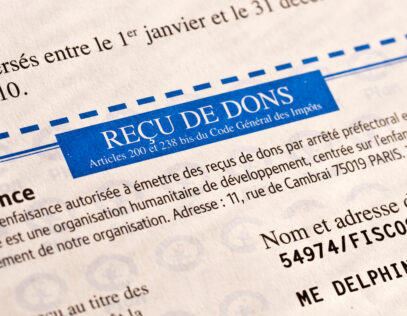In a move indicative of modern tax administration, Denmark’s tax authority, SKAT, recently postponed its tax filing deadline to August 25 due to “technical challenges in the TastSelv Company Tax (DIAS) system, which companies and foundations use when they submit information to the Tax Agency.” While this glitch may seem like an anomaly, we can expect it to occur more as the broader trend of tax authorities worldwide leveraging technology to streamline their operations continues.
The digital transformation of tax administration is aimed at enhancing efficiency, accuracy, and transparency. Through online platforms and automated processes, tax authorities are better equipped to manage vast amounts of data, identify discrepancies, and reduce the likelihood of errors. The goal is to identify discrepancies or irregularities more easily, leading to increased revenue for the tax authorities. However, this shift also poses challenges for corporate taxpayers who are not proactive with their tax compliance.
Traditionally, many tax compliance obligations were met by the skin of our corporate teeth, with filings being submitted right up to the respective deadline. With the exponential increase in tax authority technology systems, however, and the inevitable glitches that come with it, taxpayers can no longer afford to count on meeting their obligations at the last moment. Sure, in Denmark’s case, they recognized the problem before the deadline, and postponed the obligation accordingly—which was the right thing to do.
But taxpayers should not count on this being the case every time. There is certainly the possibility that the tax authorities do not recognize a technology issue in their systems, and the deadline passes. If the taxpayer has not filed their obligations, the tax authority may claim that it’s on them—and not take responsibility for the challenge. Likewise, with an ever-growing network of technology systems, complexity rises, which means that there may be a learning curve for the taxpayer to use the authorities’ systems. All this to say, giving yourself some buffer is increasingly important.
Failure to meet your compliance obligations can lead to penalties, increased audits, potential double taxation, and reputational damage. Furthermore, delayed compliance efforts can strain relationships with tax authorities, impacting the company’s overall business environment. In addition to allowing yourself a time buffer for your compliance deadlines, open communication with tax authorities is essential. Build a relationship with your examination team and let them know where you stand in the compliance process annually. If you have any issues with their technology portals, let them know immediately, and ask them if other taxpayers are having similar issues.
Denmark’s SKAT tax filing postponement reflects the inevitable byproduct of the global trend of tax authorities adopting technology for streamlined operations. For corporate taxpayers, especially MNCs dealing with complex transfer pricing matters, this shift demands proactive tax compliance strategies. Embracing digitization in the timely preparation of transfer pricing documentation internal processes and maintaining transparent communication with tax authorities becomes critical to uphold a company’s financial health and reputation in an increasingly interconnected world.








